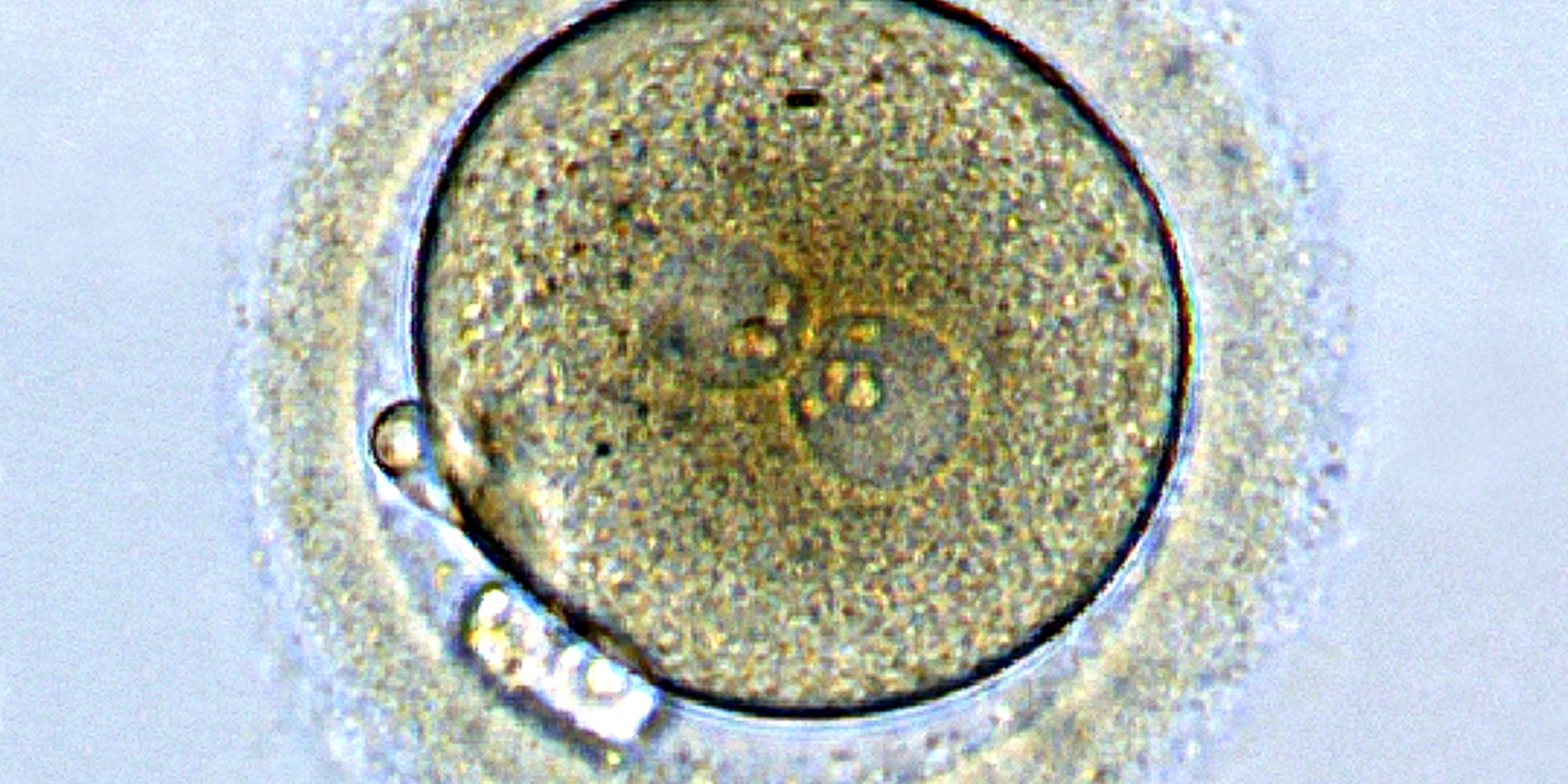SOMGEN 140Q: The beginning: the brain, the womb, and the elusive definition of life
Course Description
Can we pinpoint the precise moment that a human life begins? If so, what do we do with that information? These questions have traditionally fallen in the domain of religion and philosophy, but with modern medical technology we can ask – what does biology tell us?
In this course, we will map out the stages of pregnancy and fetal development with particular focus on the brain and its relationship with the placenta (the physical interface between parent and fetus). Using scholarly literature, we will decode the messages that are transmitted back and forth across the interface and trace their lifelong influence on our brains and health. We will also highlight the places where data are lacking and examine the reasons why these gaps exist. Through this lens, we will debate urgent issues in reproductive rights, such as the consequences of the overturn of Roe v. Wade and the potential impact of state legislatures on maternal and fetal health.
What if biology alone can’t lead us to a definitive answer? To gain some context, we will also look outside the U.S. and back through time to the various ways the boundaries of human life and individuality can be defined. What traditions, ethical frameworks, and reasoning can we rely on to orient us? You will explore attitudes about personhood, fate, and personal responsibility, identifying a specific instance when differing perspectives have come into conflict. Can a person sue their parents for being born? Can a miscarriage become a criminal act? Do we come into the world a blank slate, or marked by the experiences of our ancestors? You will have the freedom to decide how to engage your classmates in the conversation about your topic.
As a final project, you will synthesize the course content by creating informative resources that communicate your new understanding of early human development to a wider audience. These resources can take any form you like, as long as they are meaningful to people without an extensive background in the biological sciences and sensitive to the needs and concerns of your chosen audience.
Meet the Instructor: Amy Braun

"I love making science feel tangible and relevant to people regardless of whether they consider themselves “STEM-minded.” After my PhD in developmental neurobiology here at Stanford, I became a postdoctoral researcher in OBGYN (Winn lab) studying the human placenta. I find that people have a real appetite for reliable information about pregnancy, embryology and brain development that can help inform their own opinions and decision-making. In this course, I hope to offer you the tools you need not just to appreciate the fascinating complexity of early human development but to communicate this knowledge out to the many intersecting worlds you inhabit."



